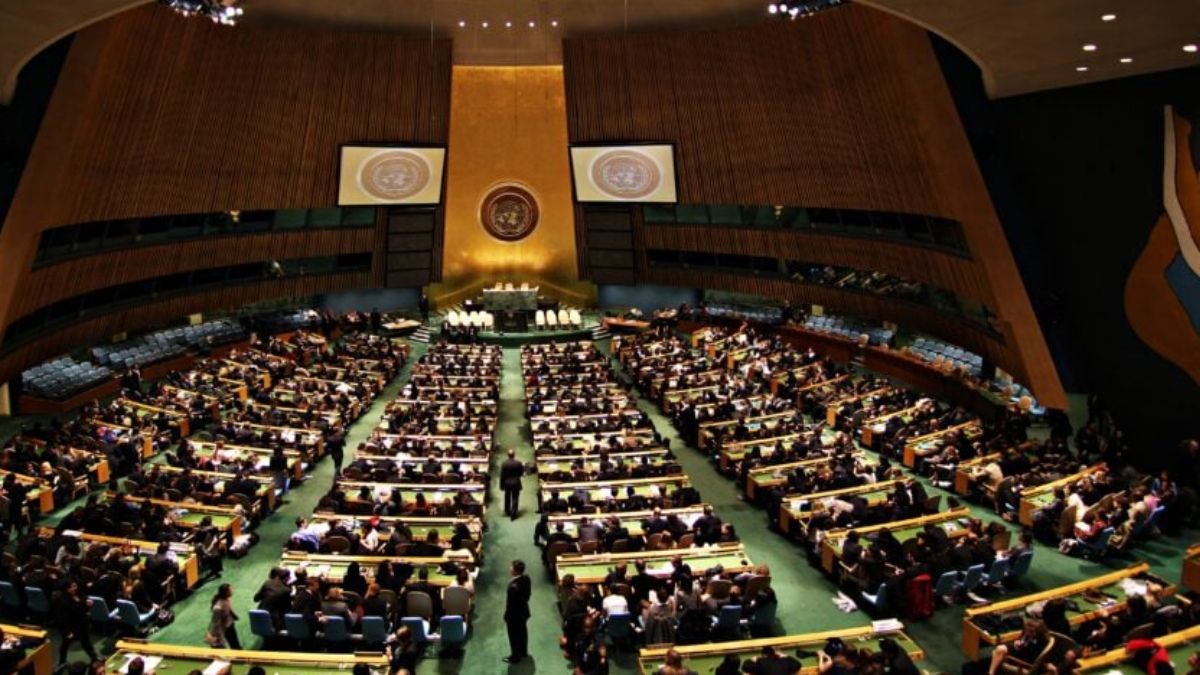Next, the Panel possessed the authority to propose sanctions against specific individuals and entities to the 1718 Committee, which oversees the DPRK sanctions regime within the Security Council. Although tensions within the Panel and the Committee hindered the passage of such measures in recent years, it retained the capacity to recommend actions like travel bans.
The Panel assisted U.N. member states, particularly smaller ones, in enforcing sanctions. Many states struggle to keep pace with the Security Council’s numerous requirements, and during its visits, the Panel guided governments with incomplete understandings of sanctions obligations. Additionally, it educated customs officers on identifying technical items banned by sanctions, such as crucial components of nuclear enrichment equipment, which they might otherwise overlook.
North Korea’s foreign ministry strongly condemned Washington’s pursuit of an alternative to the Panel, asserting that harsher sanctions and pressure only bolster the DPRK’s resilience. Former members of the Panel expressed regret over the cessation of its investigative efforts, foreseeing a decline in global awareness of DPRK sanctions evasion.
Recent evidence suggests Russia’s utilization of DPRK-produced weaponry against Ukraine, although Moscow denies purchasing arms from North Korea.
Despite the Panel’s dissolution, Penton-Voak stressed the ongoing importance of upholding the U.N. sanctions regime on the DPRK and continuing monitoring efforts.
Established in 2009 by Security Council Resolution 1874, the Panel of Experts supported the 1718 Committee in overseeing DPRK sanctions compliance. Comprising experts from all five Security Council permanent members, as well as South Korea, Japan, and others, the Panel investigated suspected violations and published biannual reports to track changes in evasion tactics and promote compliance.
However, discord within the Security Council, particularly between Western powers and China and Russia, increasingly hampered the Panel’s effectiveness in recent years. Disagreements over report content and delays in publication were common, while China and Russia consistently vetoed new sanctions proposals despite previously endorsing the sanctions regime.
Russia’s proposal to reduce the frequency of the Panel’s reports to once per year and introduce sunset clauses to DPRK sanctions was rejected by the U.S., U.K., and France. This proposal, partially supported by China, aimed to establish time-limited sanctions that would expire either entirely or partially after a set period, a move opposed by Western powers.

